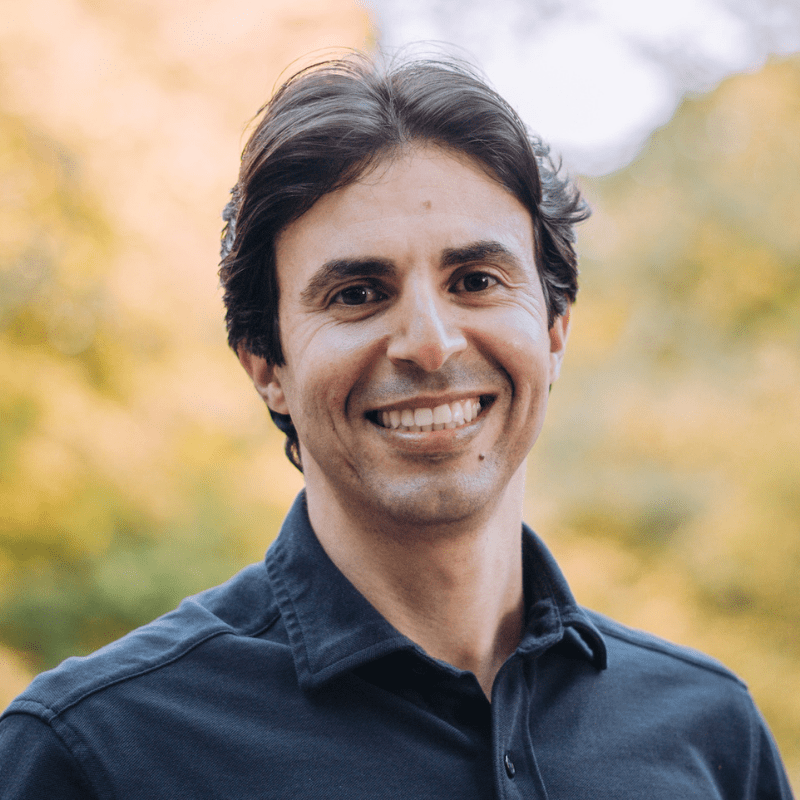Meet the Faculty
 Intercultural and Global Inquiry
Intercultural and Global Inquiry
82-283: Language Diversity and Cultural Identity
Featured Faculty: Khaled Al Masaeed
What do you enjoy about teaching 82-283: Language Diversity and Cultural Identity?
This course often makes a big personal impact on our students! Everyone has a relationship with language and culture, and one strength of 82-283 is the way it allows students to blend applied linguistics research on these topics with reflection on their own experiences with language, culture, and identity. We look at these themes in intercultural and global contexts and from a variety of perspectives. In so doing, we become more aware of the fact that there are different ways of thinking, being, and doing; and we get to appreciate diversity as a positive driving force for enriching the world. Students in the course can choose project topics that are important to them.
Some examples include: language and identity, doctor-patient interaction, language and immigration, linguistic landscape of different areas around the world, constitutional rights, racism, service encounters, bridging educational gaps, language use in sports, language policies around the world, etc. Students are creative and passionate about doing “good” in the world and, therefore, I am consistently impressed by their interesting and eye-opening work.
What are your current research interests?
I do research about improving the process of learning a second language. Specifically, I work on exploring and bridging the gap between what we think and believe about language (our language ideologies) and how language is actually used in practice. Then, I ask how we can make second language acquisition more authentic to how language is used outside the classroom and less tied to our ideological beliefs about how language should be used and taught. Much of my work has focused on how to incorporate the many spoken dialects of Arabic into a well-rounded second language Arabic program that prepares students to talk to Arabic speakers around the world.
What one piece of advice would you give your students?
Your unique abilities and contributions are valued and needed. Stay focused, invest in your well-being, and be kind to yourself and others.